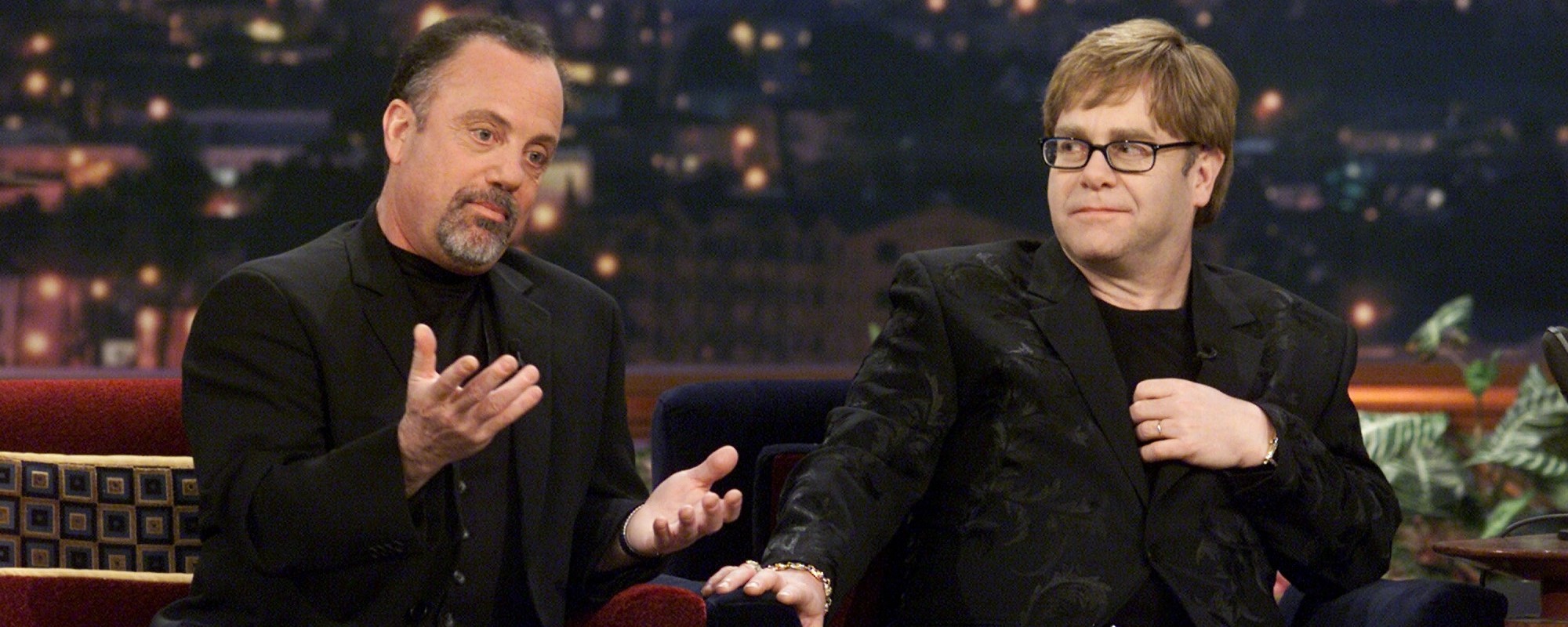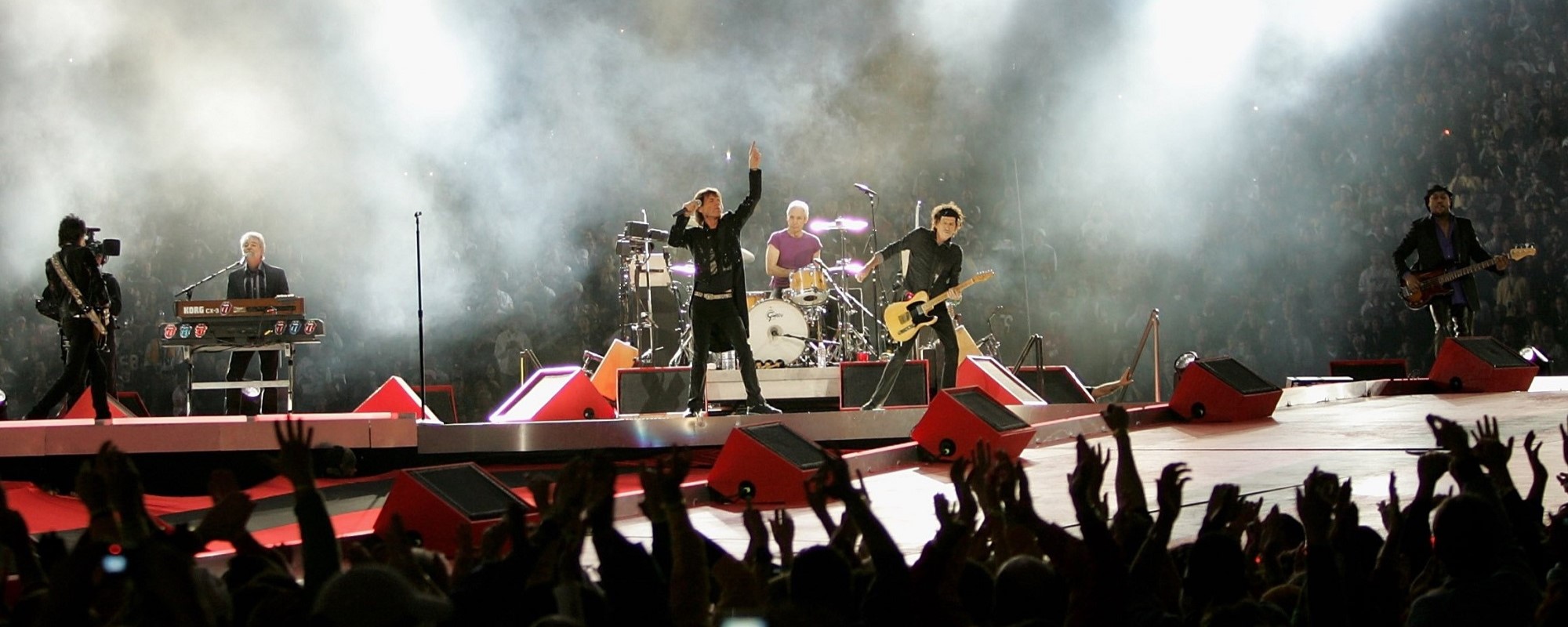Even the most successful artists can sometimes struggle with identifying the songs that will hit the biggest. For example, you might think that a band like The Doobie Brothers, who’ve enjoyed plenty of crossover smashes, would have the formula down pat.
Videos by American Songwriter
But they nearly missed out on one of their biggest scores when they relegated “Black Water” to a B-side. Luckily, the audience found it anyway and made it a No. 1 hit in 1975.
Hits Galore
The Doobie Brothers, who are still getting it done today, seemed to have it figured out pretty early when it came down to crossing over to the pop charts. They scored three Top 20 hits from their albums Toulouse Street and The Captain And Me, their second and third albums, in the years 1972 and 1973. Why not expect the same from their 1974 album What Were Once Vices Are Now Habits?
Those three big hits mentioned above were all penned and sung by Tom Johnston. But he wasn’t the band’s only writer. Patrick Simmons also contributed heavily to the band’s first three albums. His songs were mostly album tracks.
It seemed like “Black Water”, written and sung by Simmons, was headed in that direction as well. The band included it as the B-side to “Another Park, Another Sunday”, the lead single off What Were Once Vices Are Now Habits. That song only made it to No. 32, and two follow-up singles failed to chart. But that’s about the time when audiences started to discover “Black Water”.
Paint It “Black”
The process of writing “Black Water” actually began during the making of The Captain And Me in 1973. Simmons was wasting some time in between the band laying down tracks by playing a little guitar piece he concocted. Doobie Brothers’ producer Ted Templeman happened to hear it. He suggested that Simmons write a song around it.
Simmons started writing lines based on a rainy day that he experienced while the band was in New Orleans. He included some other actual events, like when he heard a Dixieland band play in the city. And he remembered some of the details of the Mark Twain books about the South that he read as a kid.
Templeman, who once sang for the 60s group Harper’s Bizarre, recalled an a cappella section that he had once used on a song with the band. He incorporated that into “Black Water”. When some radio stations began playing the song of their own accord, it gained momentum. By 1975, it topped the pop charts, the first ever No. 1 by The Doobie Brothers.
Behind the Lyrics of “Black Water”
Simmons does his Huck Finn impersonation in the opening verse, building a raft and taking off down the Mississippi River. “Catfish are jumping, that paddle wheel thumping,” Johnston notes. “Black water keep rolling on past just the same.”
The song luxuriates in a sense of idleness and ease. “And I ain’t got no worries, ‘cause I ain’t in no hurry at all,” Simmons sings. Nor do the elements bother him: “Well, if it rains, I don’t care, don’t make no difference to me.” He beckons the celestial bodies to do his bidding. “Mississippi moon, won’t you keep on shining on me?”
With the Dixieland band propelling him along and his “Pretty Mama” by his side, the narrator simply can’t be touched. “Black Water” took a circuitous route to get there. But it eventually drifted along to classic rock history, with The Doobie Brothers coming along for the moonlit ride.
Photo by Matt Roberts/Getty Images













Leave a Reply
Only members can comment. Become a member. Already a member? Log in.